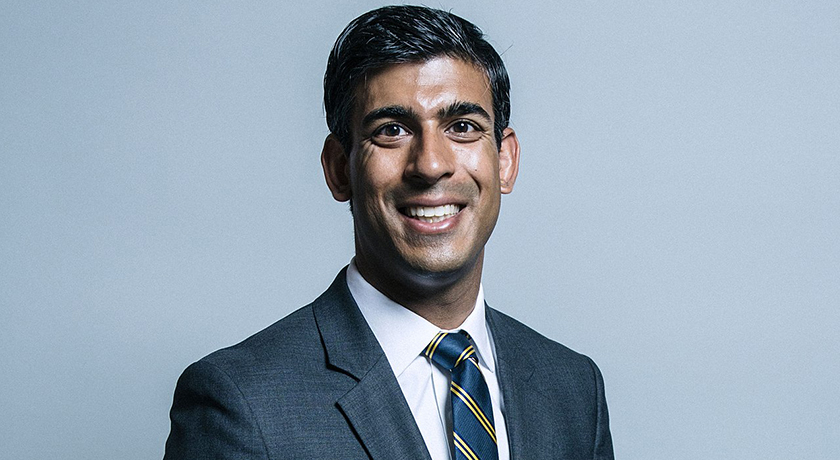
The new Moderators of General Assembly, Claire Downing and Peter Pay, have joined 75 other faith leaders to call for a ‘debt jubilee’ for the 77 poorest nations as they deal with the effects of the coronavirus pandemic.
Saving lives in this pandemic is not only a health challenge, but a financial one too. Around the world, preventing the spread of the disease has required the shutting down of whole sectors of the economy on which many people depend for their livelihoods. In the UK the government has poured resources into supporting people through the resulting crisis – with welfare support, food parcels, business loans and job guarantee schemes, alongside making massive investments into the necessary health infrastructure, staffing and equipment.
As the virus spreads in some of the world’s poorest countries, similar challenges are faced – but governments are starting from a position of significantly more fragile economies and health systems, and simply don’t have the same resources to draw on. The World Bank estimates that between 71-100 million people risk falling into extreme poverty as a result of the pandemic.
Debt is a major factor in this. Currently, 64 countries spend more on external debt payments than on public healthcare. Debts were already reaching unsustainable levels before the coronavirus crisis, which means some governments are now facing impossible decisions. “Our leaders have two choices”, says Very Songwe, Head of the United Nations Economic Commission for Africa. “You either pay obligations to the bond holders or you buy medicine, food and fuel for the population”.
In April, G20 finance ministers agreed to temporarily suspend debt repayments owed to other governments by those of the world’s poorest 77 countries. This will provide some extra cash in the short term, but doesn’t actually mean governments have more resources, and it does nothing to tackle the bigger issue of unsustainable debt levels. In many cases, it will simply push existing problems further down the road.
That’s why, ahead of the G20 finance ministers meeting on 18-19 July, faith leaders have joined together to call on UK Chancellor Rishi Sunak to support the cancellation of bilateral debt payments for the countries where repayments have been paused, as well as to urge the World Bank, International Monetary Fund and private creditors to cancel debt payments owed in 2020 and 2021.
Highlighting the “overarching moral case for debt relief in many faiths”, they argue that it is unjust to prioritise debt over providing the essentials of life. Debt cancellation now would mean impoverished countries would have additional resources to tackle the health crisis, protect the most vulnerable, and finance their economic recovery.
- You can add your support for this call by signing Christian Aid’s Coronavirus Debt Jubilee petition
Photo: Chris McAndrew/Commons Wikimedia
16 July 2020




